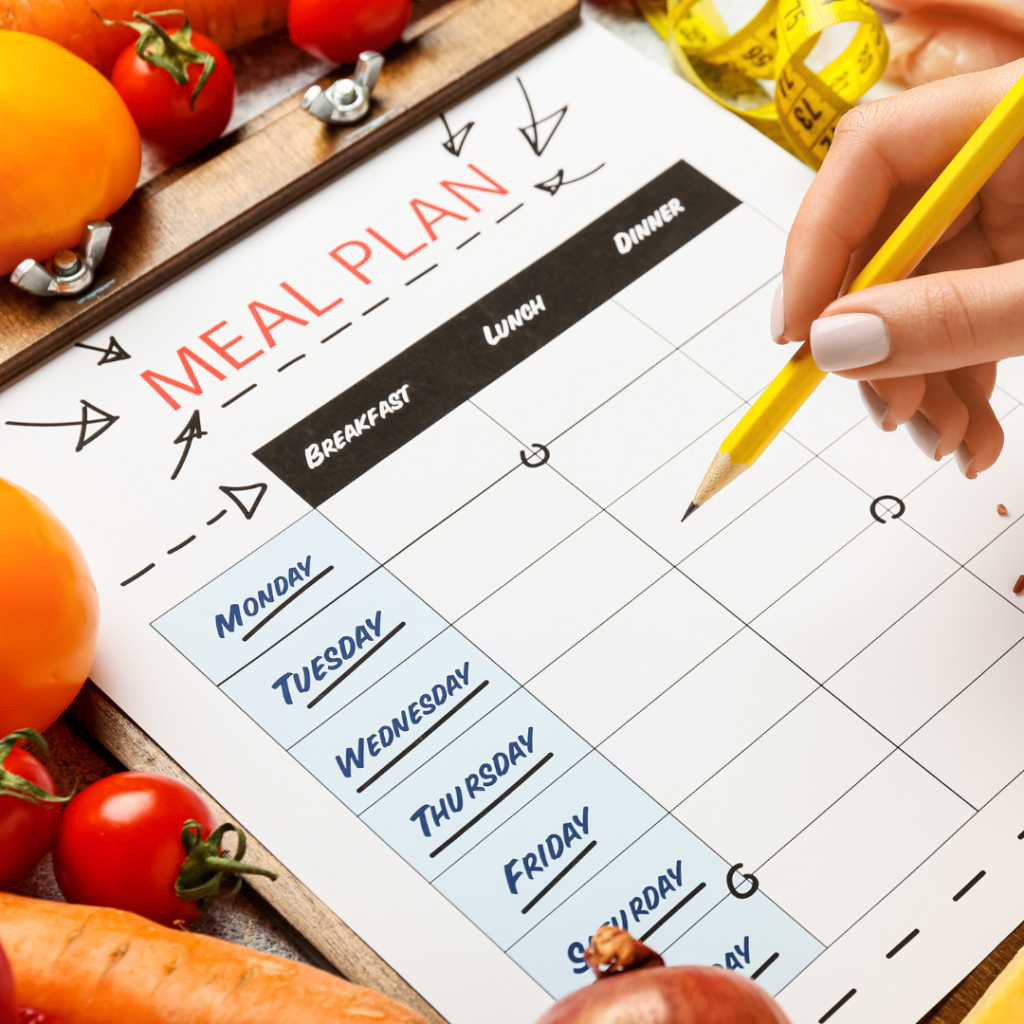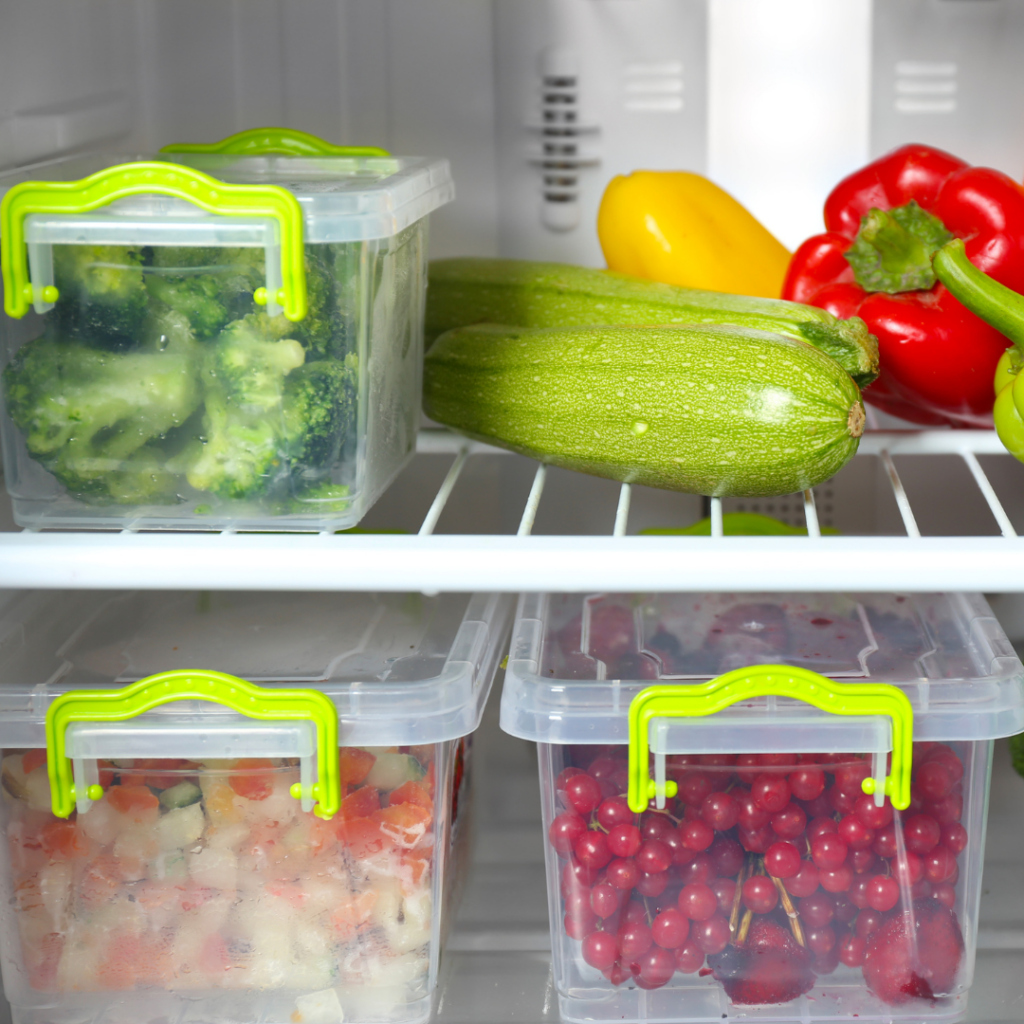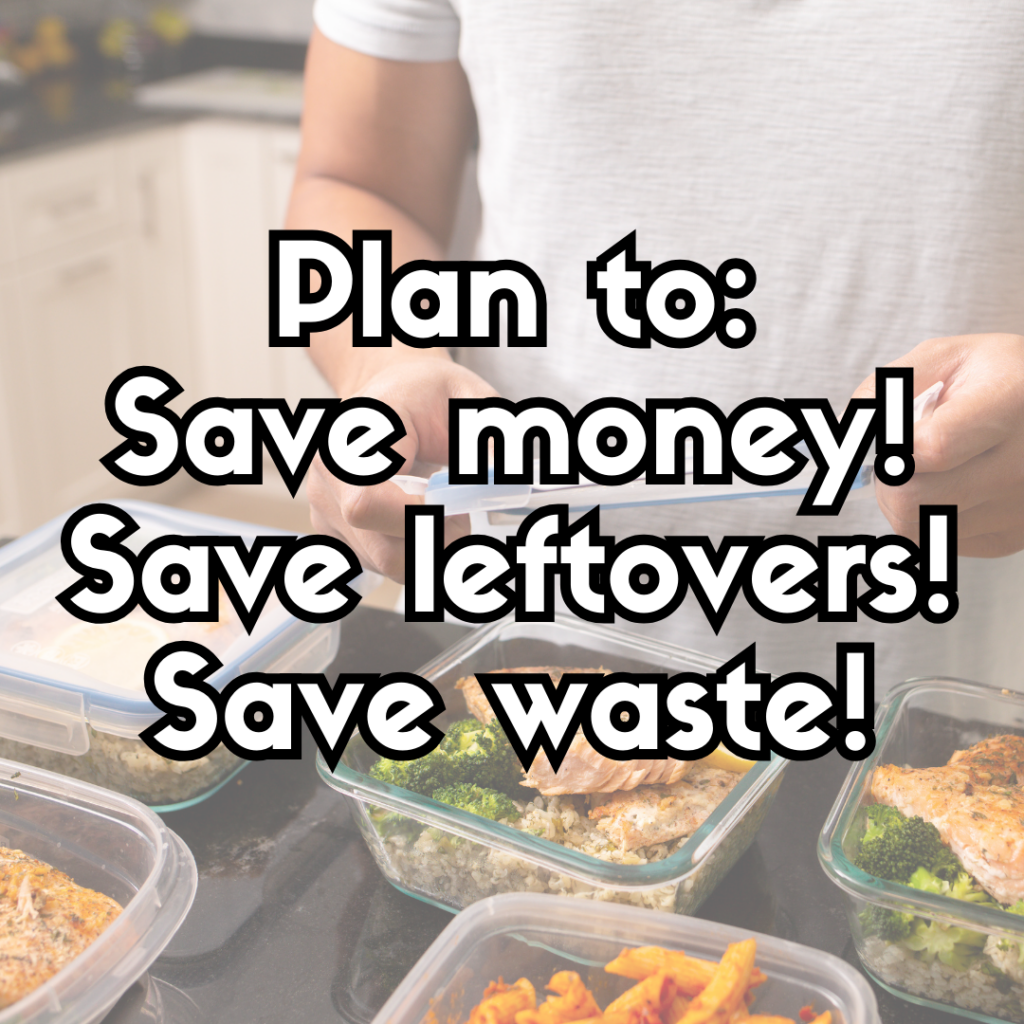
Fight food waste at home, save money
Did you know, the average household wastes £1,000 worth of food every year? By buying only what you need, storing food properly and using up leftovers, you could save lots of money and help to protect the environment.
For instance, you can easily reduce food waste at home through some very simple actions:
- Buy loose, waste less: buying loose fruit and veg such as apples, bananas and potatoes, instead of pre-packaged ones, helps to ensure you only buy what you will eat. If everyone in the UK did this, we could save 60,000 tonnes of food waste each year (as well as huge amount of packaging)!
- Plan meals and shop smart: before heading to the supermarket, create a meal plan for the week – use a portion calculator too if this helps, to work out how much you need to buy. Check your fridge and cupboards to see what you already have and make a shopping list to avoid buying unnecessary items. Buying only what you need is one of the most effective ways to prevent waste and save money.

- Watch the date labels: be aware of the difference between “use-by” and “best-before” dates. Food is often safe to eat after its “best-before” date if it looks and smells ok. ”Use-by” dates are safety measures and should be regarded more carefully. If the date is coming up, eat it quickly or see if you can freeze it for later.
- Know how to store it: storing food correctly prolongs its freshness. Ensure your fridge temperature is between 0 and 5 degrees Celsius. Bread is best kept in a cool, dark place, while bananas, potatoes, and onions should be stored separately. Use this storage guide to help keep your food fresh for as long as possible.

- Make the most of your freezer: freeze food that is close to its “use-by” date to keep it for longer. Most foods freeze well, except for egg-based sauces and high-water-content vegetables. Cool foods before freezing and store them in containers or wrapped to prevent freezer burn.
- Get creative with your leftovers and food scraps: repurpose leftovers to create new meals. Most leftover food can be stored in the fridge for up to three days and used in another dish. Websites like the Good Food Oxford Cooking Toolkit, Love Food Hate Waste and BBC Good Food offer great recipe ideas and tips for using leftovers.

- Try food waste apps: apps like Too Good To Go and Olio help you to access surplus food from retailers at reduced prices or give away your own excess food to friends, family and others in your community..
- Save time by batch cooking: cooking double quantities of meals can reduce leftover ingredients that might otherwise be wasted. Batch cooking also saves time and money by buying ingredients in bulk.

- Keep a food waste diary: keep a food waste diary to track what you’re throwing away and identify creative ways to reduce waste.
- Get composting: compost unavoidable food waste like fruit and vegetable scraps. While composting doesn’t reduce food waste, it helps repurpose it into nutrient-rich material for your garden. If you don’t have a garden, please make sure you use your food waste bin.
Let’s work together to reduce food waste!
For lots more advice and recipe ideas, visit Love Food Hate Waste and Replenish Oxfordshire.
Contact us - Waste team
01235 422146
(Text phone users add 18001 before dialing)

